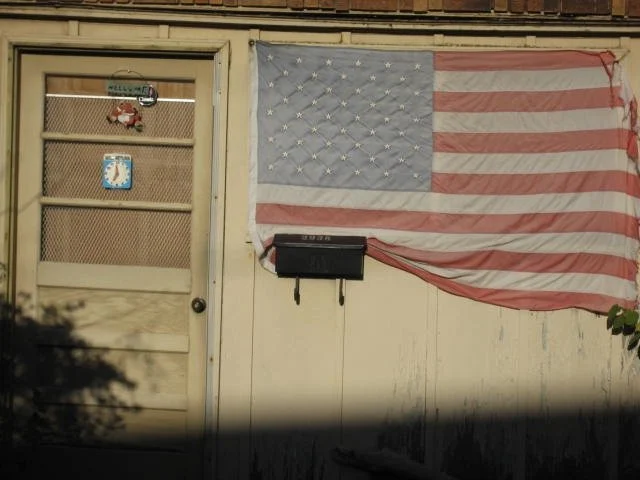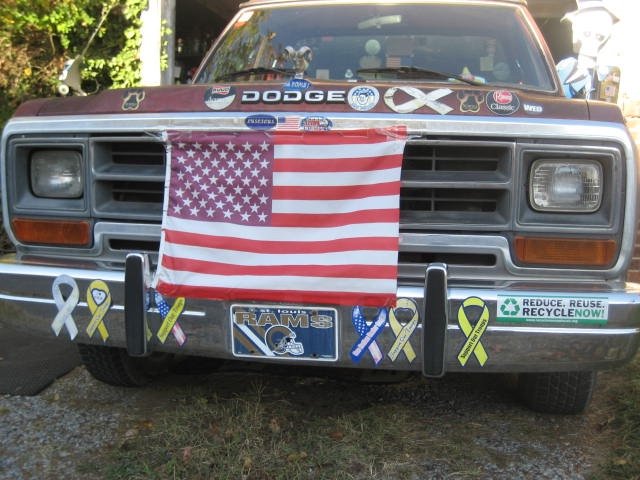A Day to Honor Our Dead
Today I am thankful for a lot of dead people. I’m not thankful they are dead, but I am thankful for the lives they lived. I’m thankful for the relationships I had with them, all the things they taught me, and the examples they set for me.
Today is All Saints’ Day, which does not receive nearly the publicity that Halloween receives, but they traditionally go hand-in-hand. It’s also Mexican Day of the Dead, which got publicity from Pixar’s beautiful animated film Coco. They are not the same holiday, but both honor the dead. All Saints’ Day honors saints who have died in the faith. Day of the Dead honors friends and family. Tomorrow is All Soul’s Day, a lesser-known Christian holiday which honors family and friends.
I want to bring back All Souls’ Day plus All Saints’ Day, with the celebratory Day of the Dead vibe and color and practices. In contemporary American culture, we don’t have a scheduled time to remember our dead loved ones, and we need one. I believe it’s healing and cathartic to set aside a time to remember and talk about family who have died. And we need to do this together with our family members, because it’s the grieving and honoring in community that we are missing. Southerners (and maybe others) used to do this on Decoration Day, but Memorial Day replaced Decoration Day on the calendar in the last century, so the focus shifted. The Mexican community honors their dead on November 1. Both dates have symbolic value. November 1 is considered to be the end of summer and harvest, the beginning of the death and dormancy of winter. Memorial Day is the beginning of summer, the time of rebirth and resurrection. Either time has good spiritual significance.
I like the idea eating a meal together and including the favorite foods of those who have died and telling stories about those people, especially for the next generation to hear. Some families like to decorate the graves of their family members (hence the name Decoration Day). Some families like to decorate a table with the pictures of those who have passed on lit by candles. Some families attend religious services at their churches that honor all who have died in the faith. Other churches celebrate this way on the first Sunday following All Saints’ Day, and they may name all those who have died in the last year and have their family stand as they honor them.
These are all beautiful ways to remember our ancestors, to keep their memory alive, and give our children a sense of where they came from. As I have mentioned before, research shows these family stories make kids more resilient. And heaven knows, we need that.





